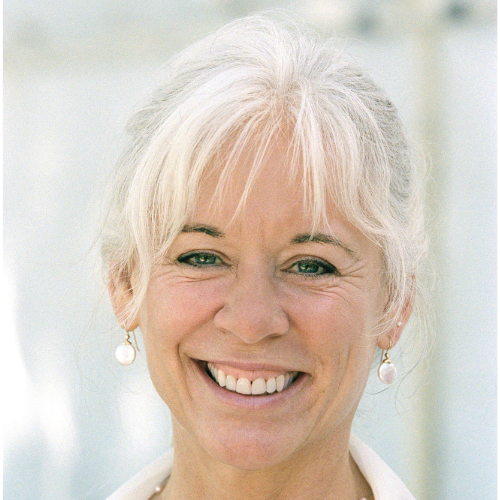In the beginner's mind there are many possibilities, in the expert's mind there are few.
Religion is not any particular teaching. Religion is everywhere.
You see something or hear a sound, and there you have everything just as it is. [...] Whatever you do, it should be an expression of the same deep activity. We should appreciate what we are doing. There is no preparation for something else.
Wabi means spare, impoverished; simple and functional. It connotes a transcendence of fad and fashion. The spirit of wabi imbues all the Zen arts, from calligraphy to karate, from the tea ceremony to Zen archery.
An enlightened person does not ignore things and does not stick to things, not even to the truth.
In the zazen posture, your mind and body have great power to accept things as they are, whether agreeable or disagreeable.
We should not be just a fan of dragons; we should always be the dragon himself. Then we will not be afraid of any dragon.
If you try to observe the precepts, that is not true observation of precepts. When you observe the precepts without trying to observe the precepts, that is true observation of the precepts.
The seed has no idea of being some particular plant, but it has its own form and is in perfect harmony with the ground, with its surroundings ... and there is no trouble. This is what we mean by naturalness.
If you take pride in your attainment or become discouraged because of your idealistic effort, your practice will confine you by a thick wall.
The goal of our life’s effort is to reach the other shore, Nirvana. Prajna paramita, the true wisdom of life, is that in each step of the way, the other shore is actually reached.
The true purpose of Zen is to see things as they are, to observe things as they are, and to let everything go as it goes. Zen practice is to open up our small mind.
A student, filled with emotion and crying, implored, "Why is there so much suffering?" Suzuki Roshi replied, "No reason."
We try, and we try, and we fail; and then we go deeper.
Moment after moment everything comes out of nothingness. This is the true joy of life.
When we do not expect anything we can be ourselves. That is our way, to live fully in each moment of time.
Take care of things, and they will take care of you.
To be different is to have value. In this sense all things have equal, absolute value. Each thing has absolute value and thus is equal to everything else.
The beginner's mind is the mind of compassion. When our mind is compassionate, it is boundless.
In Japan we have the phrase, "Shoshin," which means "beginner's mind." Our "original mind" includes everything within itself. It is always rich and sufficient within itself. This does not mean a closed mind, but actually an empty mind and a ready mind. If your mind is empty, it is always ready for anything. It is open to everything. In the beginner's mind there are many possibilities; in the expert's mind there are few.
When you sit, everything sits with you.
No teaching could be more direct than just to sit down.
No matter what god or doctrine you believe in, if you become attached to it, your belief will be based more or less on a self-centered idea.









